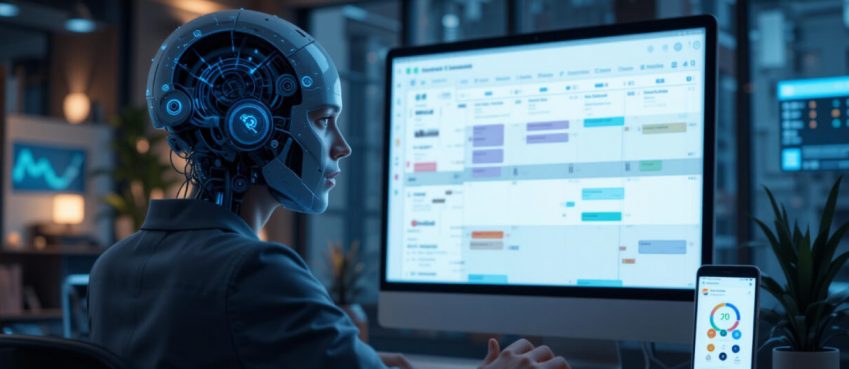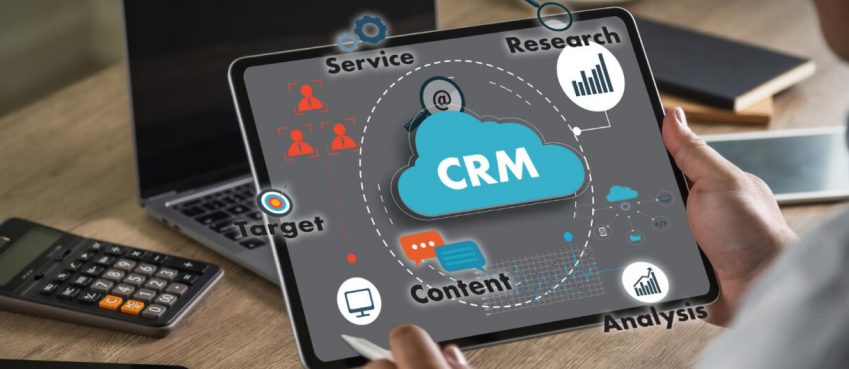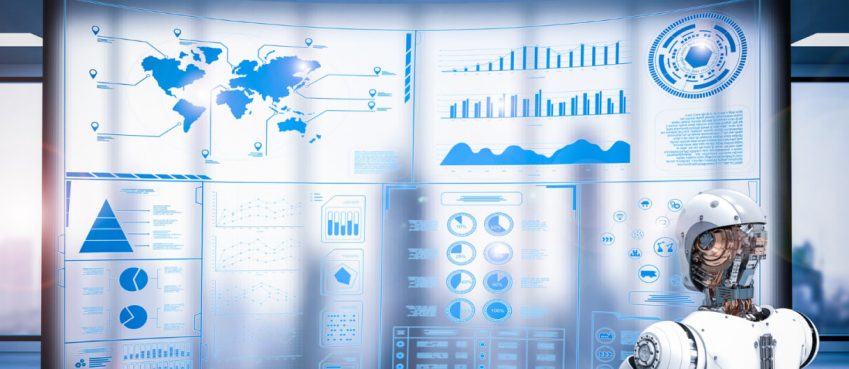
As the world increasingly turns to renewable energy sources to power our homes and businesses, the need for high-performance computing (HPC) and artificial intelligence (AI) is also increasing.
HPC and AI are used to model and predict complex phenomena, like weather patterns and climate change, as well as to optimize the design of renewable energy systems. The demand for HPC and AI is therefore increasing in many industries that are critical to the transition to a low-carbon economy.
In addition, a great deal of research and development (R&D) has been put into play using these technologies, which are leading to breakthroughs that promise to change the way people live and work.
With supercomputing technology in the limelight and companies focusing on enhancing their data centers’ performance, it’s easy to get caught up in the hype surrounding the new computer systems that boast high computing power. But a lot of people aren’t sure where all of this is going or why it’s such a big deal.
For this, let’s discuss the increasing demand for these technologies and their effect on our lives, especially in renewable and safe energy terms.
The Increase in Need for HPC and AI
Remarkable advances in technology have led to a greater reliance on high-performance computing (HPC) and artificial intelligence (AI).
The need for supercomputers and their application in the field of renewable energy and power generation is increasing exponentially.
As technology becomes more complex every day, computer systems that can handle the complexities of new developments, as well as the sheer number of choices are required.
That is the point where high-performance computing comes in. HPC applications are the only way we can process big data, analyze the results, and use them to mold the world around us into the one we want.
Research is increasingly being performed on high-performance supercomputers because HPC systems are the only way we can accurately test our technologies and models. This is especially true in the fields of renewable energy and power generation.
Moreover, they help in the development of sustainable data centers and systems since they provide the means to process big data, model and analyze information, and make decisions based on them.
Also read: How To Check Body Temperature With iPhone?Use of HPC and AI to Model Complex Phenomena
HPC and AI are being used more and more to model complex phenomena, like weather patterns and climate change.
The increase in demand for these services is because they allow for a much more accurate representation of reality, such as the climate. By using HPC and AI, we can create models that are much closer to the real thing, which gives us a better understanding of how our planet works and how we can help protect it.
They are also used to optimize the design of renewable energy systems, increasing their energy efficiency. This is important because it can help reduce the cost of renewable energy, making it more affordable for people and businesses.
Role of HPC and AI in Low-Carbon Economy
HPC and AI are playing an increasingly important role in the transition to a low-carbon economy.
A recent report by Barclays found that demand for HPC in the oil and gas industry is set to increase as firms look to reduce their carbon footprints.
AI is also being used to develop new renewable energy sources, such as solar and wind power. According to the present world situation, scientists consider renewable energy as a solution.
Moreover, this technology is critical not only for reducing emissions but also for creating jobs in an industry that is expected to grow rapidly over the next decade.
The report notes that given the challenges ahead, the oil and gas industry needs to make a fundamental shift in how it operates.
It must replace conventional (and carbon-intensive) sources with renewable and other cleaner sources while reducing its environmental footprint.
HPC is playing a critical role in this new paradigm, providing the business intelligence to make strategic decisions around extraction, processing, and transportation.
Also read: What Is No Code Predictive Analytics? How To Build Using N8N, Google Colab, Akkio & Others?Role of HPC and AI in Business Growth
The energy sector is one of the fastest-growing segments across the globe, and HPC holds the key to transforming it into a more sustainable and competitive industry. The future of the oil and gas sector is closely tied to the HPC & AI challenge.
The energy sector can benefit from HPC to make the energy supply system more efficient and improve the energy supply chain. This includes optimizing production planning and developing 3D models for a better understanding of the reservoir and better control of the drilling operations.
This will also enable the oil and gas industry to improve production forecasting and more accurately estimate probable reserves and help predict the movement of fluids in the reservoir. The storage and transport of energy will also be optimized through the use of simulations, analysis, and optimization methods.
Hence, HPC and AI increase the growth of the business by enabling the energy industry to meet the technological challenges and maintain its energy supply in the coming years.
To sum up, it is clear that the oil and gas industry is continuously changing, and HPC will play a vital role in its growth. It is pivotal for the major oil and gas companies to utilize it to get an advantage over their competitors, hence, increasing the demand for HPC and AI.
Conclusion
The rise of HPC and AI is one of the most exciting trends of the decade. We’re seeing a shift from traditional computers used in the past, to HPC and AI.
They allow organizations to handle large amounts of data efficiently, which allows them to perform their tasks much faster.
This is a boon for companies, as they’re able to process data at an increased speed, and therefore, save time and money on IT costs.
However, HPC and AI have an increased cost of power due to the increase in the size of data being processed.
The use of HPC and AI will continue to rise in the next few years as the demand for data increases and the costs of power continues to rise. When will your organization start using HPC and AI? Let us know in the comments section below.
Top 10 News
-
01
Top 10 Deep Learning Multimodal Models & Their Uses
Tuesday August 12, 2025
-
02
10 Google AI Mode Facts That Every SEOs Should Know (And Wha...
Friday July 4, 2025
-
03
Top 10 visionOS 26 Features & Announcement (With Video)
Thursday June 12, 2025
-
04
Top 10 Veo 3 AI Video Generators in 2025 (Compared & Te...
Tuesday June 10, 2025
-
05
Top 10 AI GPUs That Can Increase Work Productivity By 30% (W...
Wednesday May 28, 2025
-
06
[10 BEST] AI Influencer Generator Apps Trending Right Now
Monday March 17, 2025
-
07
The 10 Best Companies Providing Electric Fencing For Busines...
Tuesday March 11, 2025
-
08
Top 10 Social Security Fairness Act Benefits In 2025
Wednesday March 5, 2025
-
09
Top 10 AI Infrastructure Companies In The World
Tuesday February 11, 2025
-
10
What Are Top 10 Blood Thinners To Minimize Heart Disease?
Wednesday January 22, 2025







